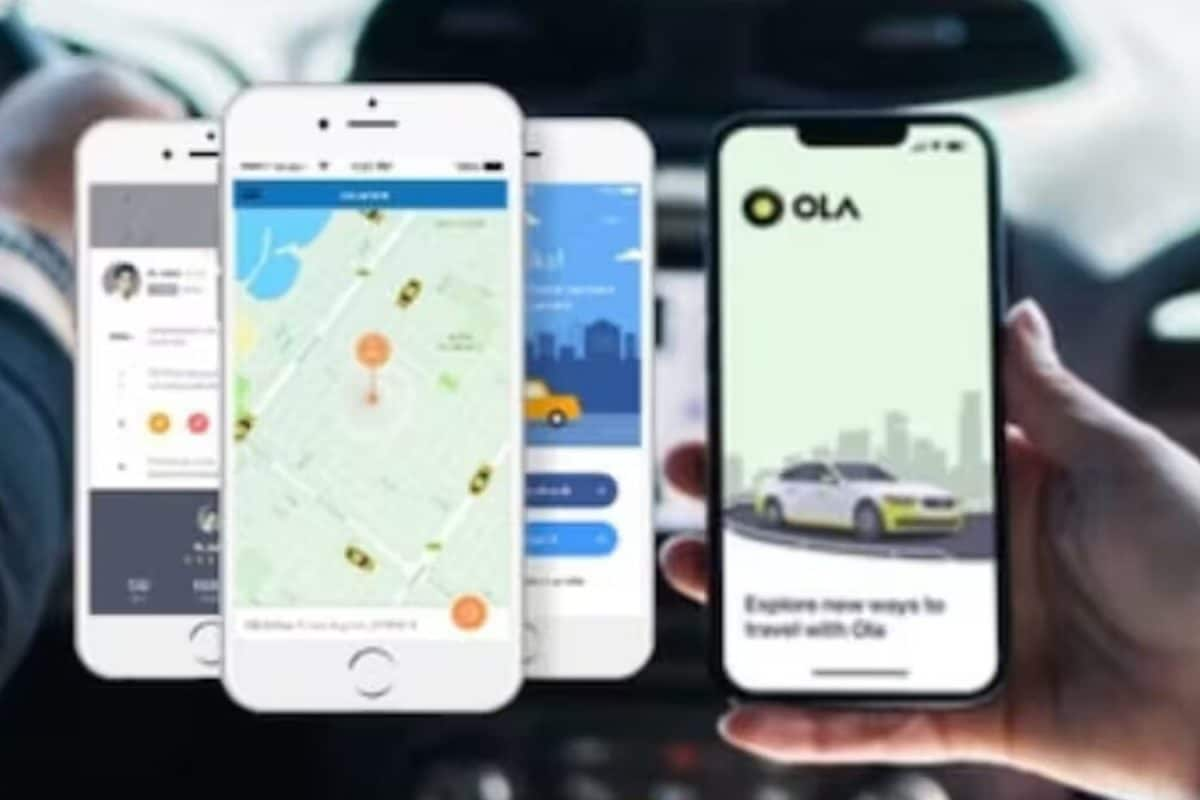

The Indian government has recently approved significant changes for ride-hailing services, impacting both cab and bike taxi operations. These changes include allowing surge pricing hikes for cabs during peak hours and permitting the use of private motorcycles for ride-hailing services. The Ministry of Road Transport and Highways has released the Motor Vehicle Aggregator Guidelines 2025, which include these revisions.
Surge Pricing for Cabs
The government has increased the permissible surge pricing for cab aggregators like Uber and Ola. During peak hours, these services can now charge up to twice the base fare, a notable increase from the previous limit of 1.5 times. Conversely, during off-peak hours, fares cannot be less than half the base fare. This measure aims to balance fair pricing with healthy competition in the ride-hailing market. The government intends for states to implement these changes within three months. Surge pricing is implemented when demand for cabs is higher than the number of available cabs. This encourages more drivers to get on the road and provides an incentive for them to work during busy periods. Surge pricing also encourages riders with less time-sensitive trips to delay their rides.
Use of Private Bikes for Ride-Hailing
In a landmark move, the Motor Vehicle Aggregator Guidelines 2025 explicitly allow private motorcycles to operate as bike taxis on ride-hailing platforms across India. This marks the first time the central government has officially included non-transport motorcycles in its policy framework for aggregators. The new framework grants state governments the discretion to allow the aggregation of motorcycles licensed for personal use. States may also impose fees on aggregators for authorizing "non-transport (private non-commercial) motorcycles" to undertake journeys, on a daily, weekly, or fortnightly basis. However, this fee imposition is optional for states. This provision could legalize bike-taxi services offered by companies like Rapido, Ola, and Uber, which have previously operated in regulatory grey areas. The use of private bikes for ride-hailing and delivery services could reduce traffic congestion and vehicular pollution, provide affordable mobility, create livelihood opportunities, and expand last-mile connectivity.
Revised Guidelines and Implementation
The revised guidelines are advisory and not legally binding unless adopted by individual states. Ride-hailing platforms have welcomed the development but emphasize that timely implementation by the states is crucial. These guidelines also address other aspects of the ride-sharing ecosystem, including penalties for drivers or passengers who cancel rides. Drivers who cancel after accepting a ride may face a 10% penalty (up to ₹100), which is split with the app. The same penalty applies to passengers who cancel last minute. Apps are now required to provide drivers with better health and term insurance (₹5L and ₹10L respectively). Additionally, all cabs must have tracking devices linked to state control centers, and drivers will receive regular training, especially if their ratings drop. These measures aim to enhance safety and reduce hassles for both drivers and passengers.